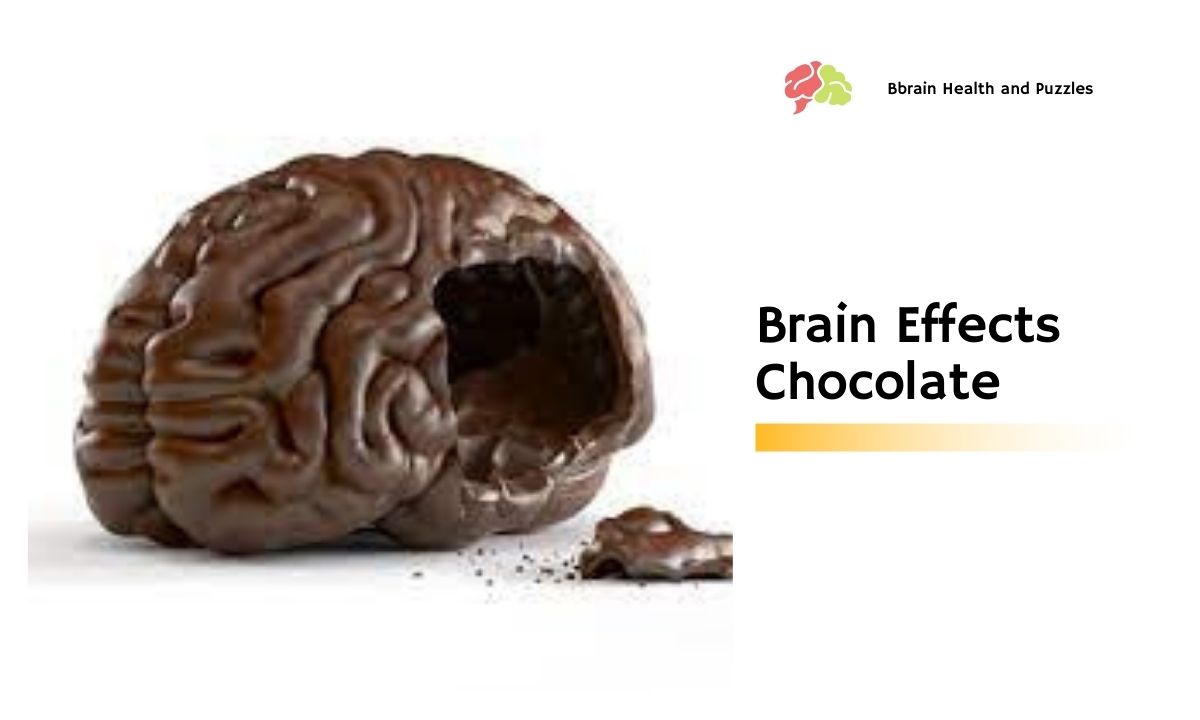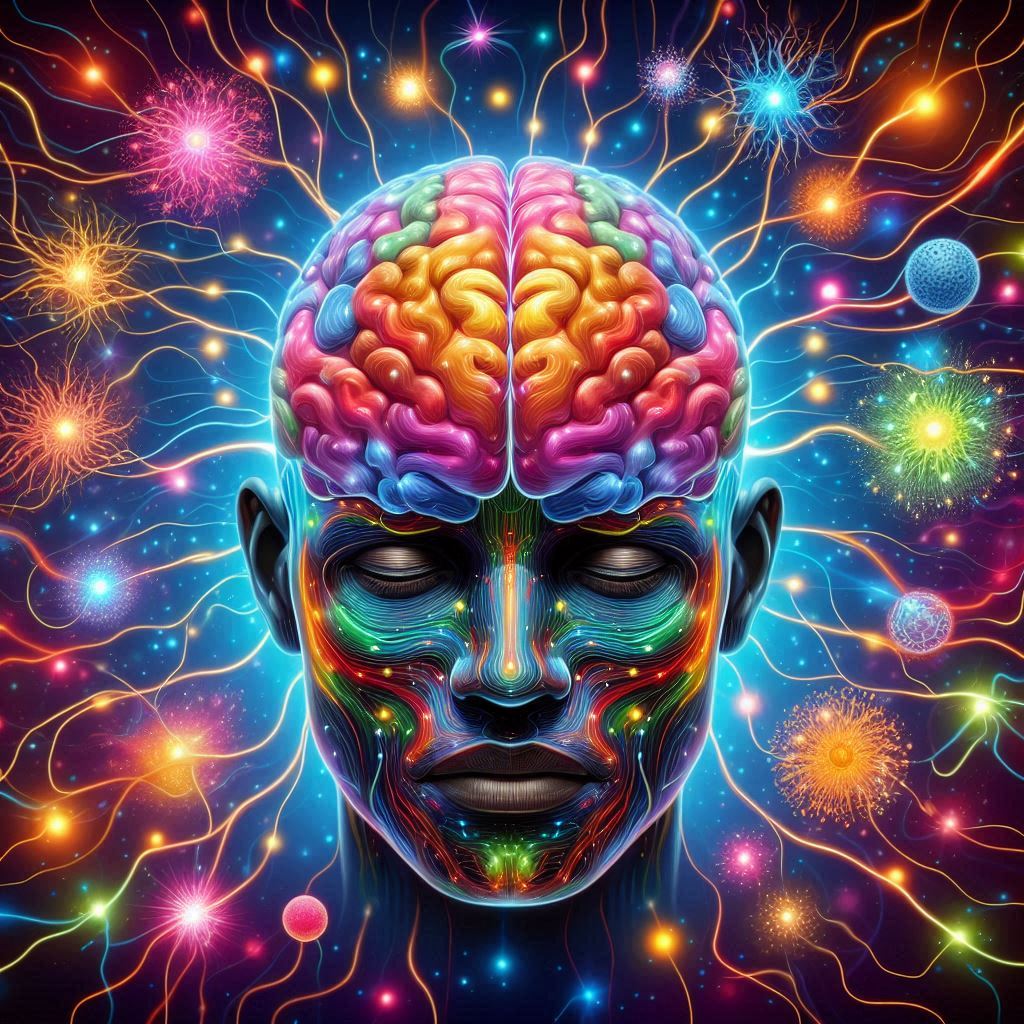Brain Effects Chocolate

Why Do We Like It So Much?
Brain Effects Chocolate: Did you know that chocolate contains over 375 chemicals? Neuroscientists are trying to find out which of those chemicals not only cause us to crave chocolate but which ones make us feel so good when we eat it.
It is safe to say that both the cravings and the pleasurable feeling that we get from the sweet stuff is directly related to chocolate effects on brain.
By studying the brain effects of chocolate, researchers hope to understand how we feel pleasure from food and also how it may be linked to obesity. Understanding the effects of chocolate on the brain may lead to ways to stop uncontrollable cravings and over-indulging in food.
Chocolate and Opioids
Scientists from the University of Michigan found that chocolate causes the brain to release opioids. Opioids are chemicals that produce a euphoric feeling and are very pleasurable. Drugs like morphine and heroin are opioids but, quite remarkably, our brain makes natural opioids to help control pain.
Apparently one of the effects of chocolate on brain is to release natural endorphins so that when we eat chocolate, it dulls pain and gives us a little euphoric feeling. It may also explain why many believe that chocolate is addicting. People can become dependent on opioid drugs and may, to a small degree, depend on the same way on chocolate. What happens to the brain effects of chocolate if you block the opioid receptors? The craving and euphoric feelings diminish.
Chocolate and Cannabinoids
Scientists have also shown that at least three chemicals found in chocolate can stimulate cannabinoid receptors. What is so special about cannabinoid receptors? They are the same receptors stimulated by the main chemical in marijuana called THC or tetrahydrocannabinol.
The chemicals in chocolate that have effects on brain cannabinoid receptors are not THC, but they do create some pleasurable sensations. Ever heard that marijuana gives people the “munchies?” The fact that chocolate can stimulate THC receptors may explain in part the fact that it is so difficult to stop eating chocolate once you start. Can you “get high” from eating chocolate? Not likely. Researchers at the National Institute of Mental Health estimate that a 130-pound person would have to eat 25 pounds of chocolate at one sitting to achieve anything remotely like a “high.”
The Stimulant Effect of Chocolate on Brain
Chocolate contains several stimulants that may explain in part why we love to eat it. One stimulant, phenylethylamine, is related to amphetamines which quicken the pulse and make you feel alert. Amphetamines also create a feeling similar to that of being in love. Perhaps that is why chocolates have become associated with Valentine’s Day?
Other stimulants in chocolate that have brain effects are caffeine, theobromine, and methylxanthines. While the amount of stimulants found in chocolate are quite a bit less than in a cup of coffee or tea, the brain effects of chocolate from these stimulants can still be perceived, especially in someone who does not normally ingest a lot of caffeine in their regular diet. Given that so many of the chemicals found in chocolate have the same brain effects of addictive drugs, it is no wonder why we can’t get enough of the stuff!



